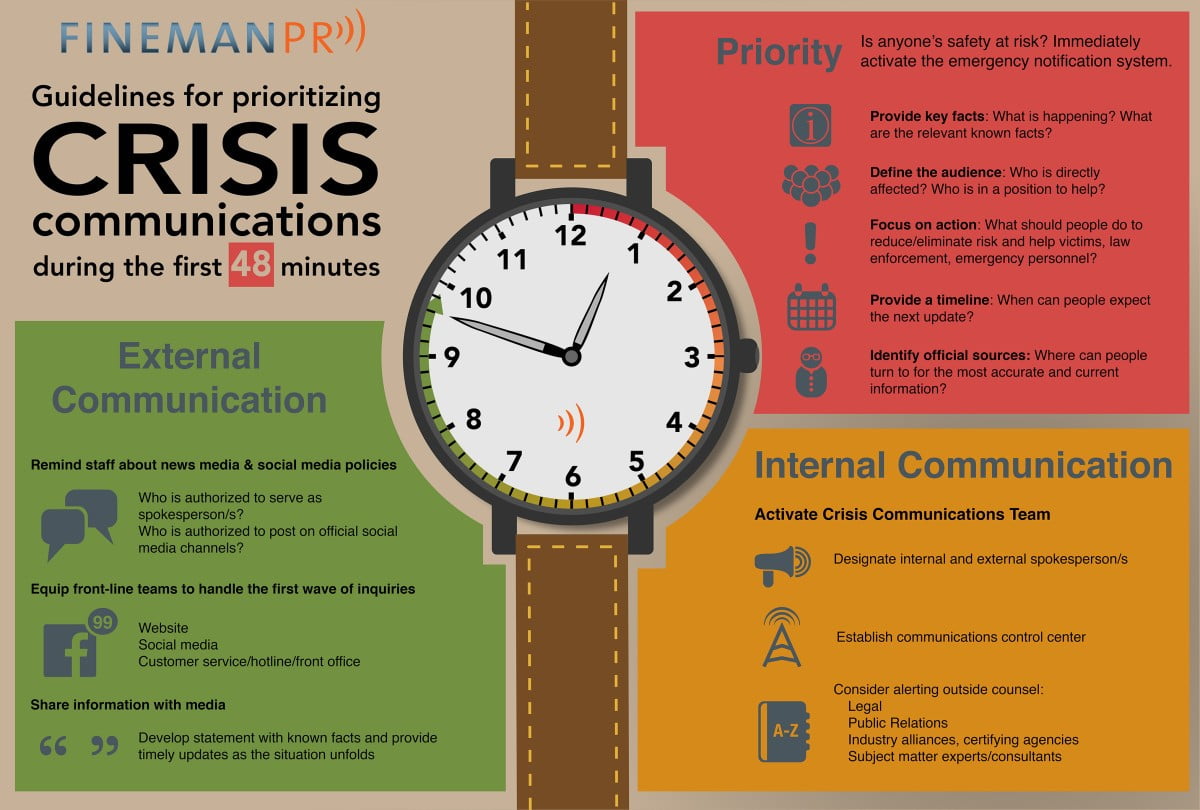Since the work of Milton Erikson, psychologists now know beyond a doubt that one’s body language is vital for communication, and in many respects more important than spoken language. Whilst experts vary in their estimates, most agree that around 70-93% of all communication is non-verbal. Yet, while rates of global verbal literacy have risen, most of us are almost completely nonverbally “illiterate” argue psychologists and body language experts Alan Crawley and Ronald Riggio. Resolving this would require a radical shift in our outlook on education. Every individual worldwide wants to be able to speak and write – to be verbally literate. When it comes to nonverbal communication, however, there is a paradox: we are instinctive “experts,” yet simultaneously illiterate. From birth, we are able to communicate nonverbally, through various “body language” channels, including facial and vocal expressions, body movements, and touch. Through trial and error, we …
Read the full article which is published on IAI TV (external link)





